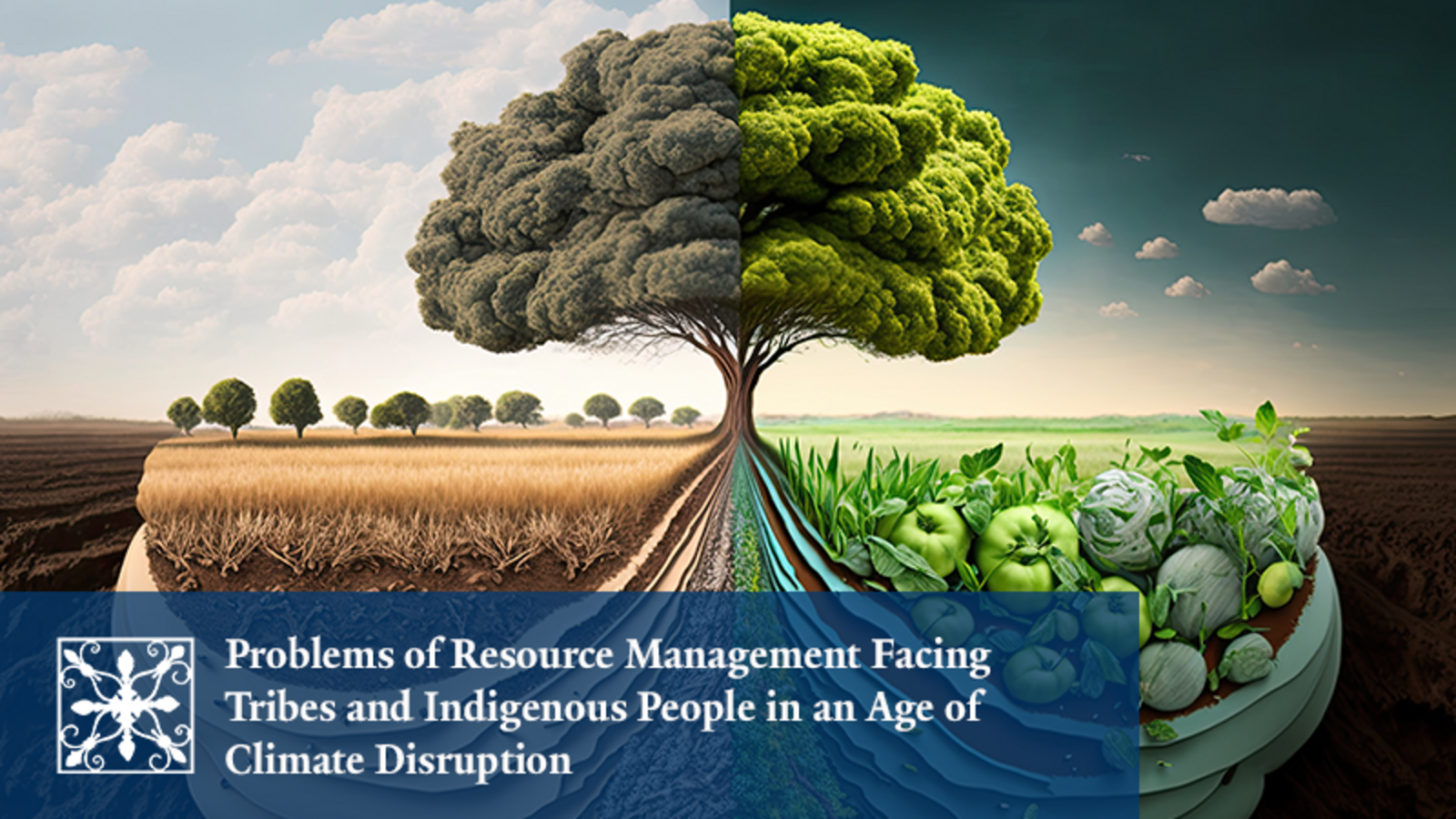Yale Alumni Academy and the Yale School of the Environment have assembled a distinguished roster of expert faculty to address the leading climate change issues facing our wonderous planet. Please join us as we discuss Problems of Resource Management Facing Tribes and Indigenous People in an Age of Climate Disruption with Professor Gerald Torres. One of the signal events in Federal resource management has been the active engagement of Tribal Nations in shared resource management. Whether this stems from treaty obligations or from the amount of public land within the ambit of tribal resource use, the new federal position has been to work cooperatively with Tribal Nations. While there are many examples, we will begin by examining the model of Bears Ears and then look back at other examples. Sorting through the various sources of responsibility and authority requires critically evaluating the sovereign powers exercised by both parties and the resulting evolving accommodations. Of course, the legal landscape is only one part of the investigation. The impact of anthropogenic climate disruption raises new issues and challenges ranging from depleted water supplies to impacts on species important to tribal nations. How these conflicts will be resolved is unfolding in current policy initiatives. Resolving resource conflicts implicates our commitment to democratic policy-making and our continued commitment to scientific resource management. Moreover, recognizing indigenous knowledge as a critical component of resource use decision-making requires an appreciation for the depth of knowledge traditional approaches bring.
To register for more events during the Yale Alumni Academy Climate Change Conversation series please visit our website.





